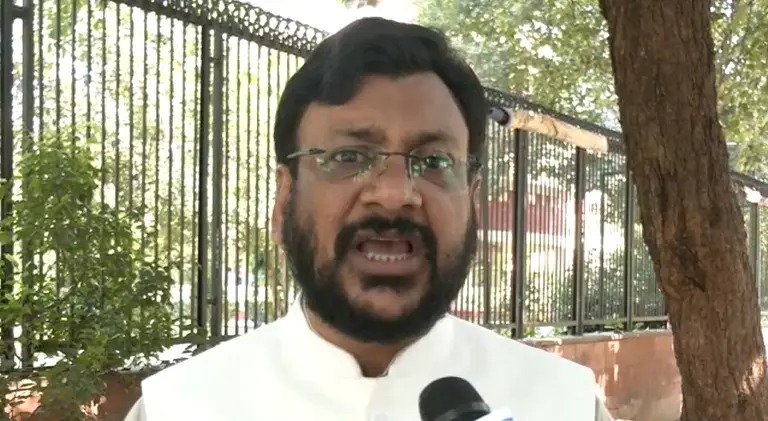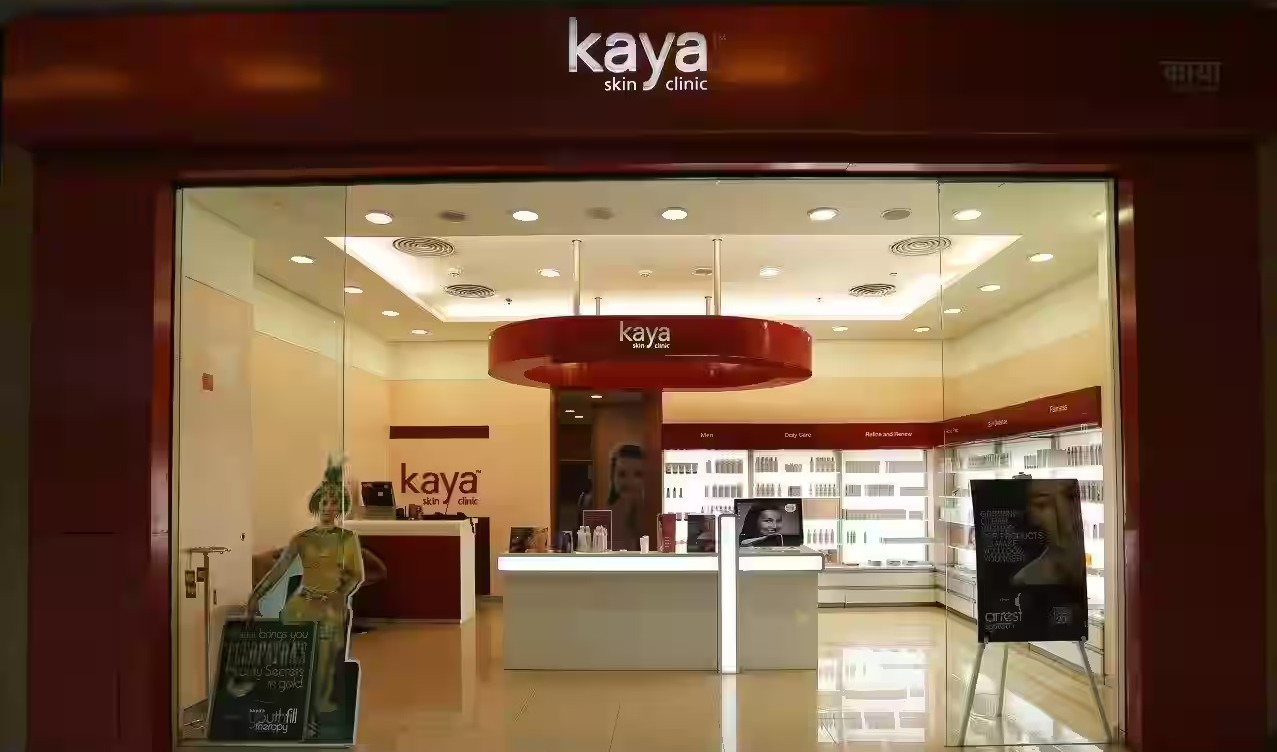 Image Source : The Hawk
Image Source : The Hawk
As the Supreme Court prepares to deliver its verdict on the constitutional validity of the Waqf (Amendment) Act, 2025, Uttarakhand Waqf Board Chairman Shadab Shams has publicly voiced strong support for the Modi government’s reforms. In a series of statements issued on September 15, Shams asserted that the new legislation rekindles hope for poor Muslims across India, especially those historically excluded from the benefits of Waqf properties.
The Supreme Court bench led by Chief Justice B R Gavai is expected to rule on petitions challenging the Act, which has drawn both praise and criticism for its sweeping changes to Waqf property governance. Shams’ remarks come amid heightened anticipation and political scrutiny, as the outcome could reshape the future of Waqf administration nationwide.
Key highlights from Shadab Shams’ statement
- Modi government praised for addressing long-standing inequities in Waqf property distribution
- Supreme Court to pronounce verdict on Waqf (Amendment) Act, 2025 later today
- Shams claims poor Muslims were historically excluded while rich elites benefited
- The Act introduces tighter registration norms, auditing protocols, and anti-encroachment measures
- Uttarakhand Waqf Board filed an affidavit supporting the legislation and its transparency goals
- Shams accuses opponents of spreading fear and misinformation about the law’s impact
A Call For Equity In Waqf Governance
According to Shams, the Waqf system—originally designed to serve the welfare of Muslim communities—had become a tool for privilege and exploitation. He alleged that for decades, only a handful of wealthy individuals and political actors benefited from Waqf assets, while poor Muslims were left behind.
The Waqf (Amendment) Act, 2025 aims to reverse this trend by introducing stricter oversight mechanisms. These include:
- Mandatory verification of Waqf property ownership
- Auditing of Waqf Board activities and financial records
- Legal action against unauthorised occupation and misuse
- Inclusion of non-Muslim experts in board advisory roles
Shams emphasized that these reforms are not only administrative but moral, designed to restore dignity and access to underprivileged Muslims, particularly Pasmanda communities.
Supreme Court Hearing And Legal Stakes
The Supreme Court is reviewing multiple petitions, including one filed by AIMIM MP Asaduddin Owaisi, which challenge the constitutional validity of the amendments. Critics argue that the law infringes on minority rights and could lead to arbitrary state control over religious assets.
In contrast, the Uttarakhand Waqf Board has filed an intervention application defending the Act. The Board administers over 5,300 Waqf properties in the state and claims that the legislation is essential to curb fraudulent registrations and encroachments.
Shams stated that the court’s decision would be historic and transformative, adding that the verdict would expose those who had misused the Waqf system for personal gain.
Political And Social Reactions
Shams’ endorsement of the Modi government has sparked mixed reactions. Supporters view it as a bold step toward inclusive governance, while critics accuse the government of politicizing religious institutions. Shams dismissed these concerns, stating that the legislation was passed with clean intentions and that the public would ultimately judge its merit.
He also noted that many Muslims in Uttarakhand had welcomed the reforms, with Pasmanda groups expressing gratitude during his recent visits to Manglaur and Narsan. Shams offered a ceremonial chadar at Piran Kaliyar Sharief on behalf of Prime Minister Modi, symbolizing his appreciation for the government’s efforts.
Mixing Intention With Reform
The Waqf (Amendment) Act, 2025 represents a critical juncture in India’s approach to religious property governance. As the Supreme Court prepares to rule, voices like Shadab Shams’ highlight the complex intersection of faith, equity, and accountability. Whether the verdict affirms or challenges the legislation, the conversation around Waqf reform is now firmly rooted in the public domain—and the hopes of poor Muslims are part of that narrative.
Sources: Sakshi Post, Hindustan Times, Mathrubhumi
Advertisement
Advertisement







